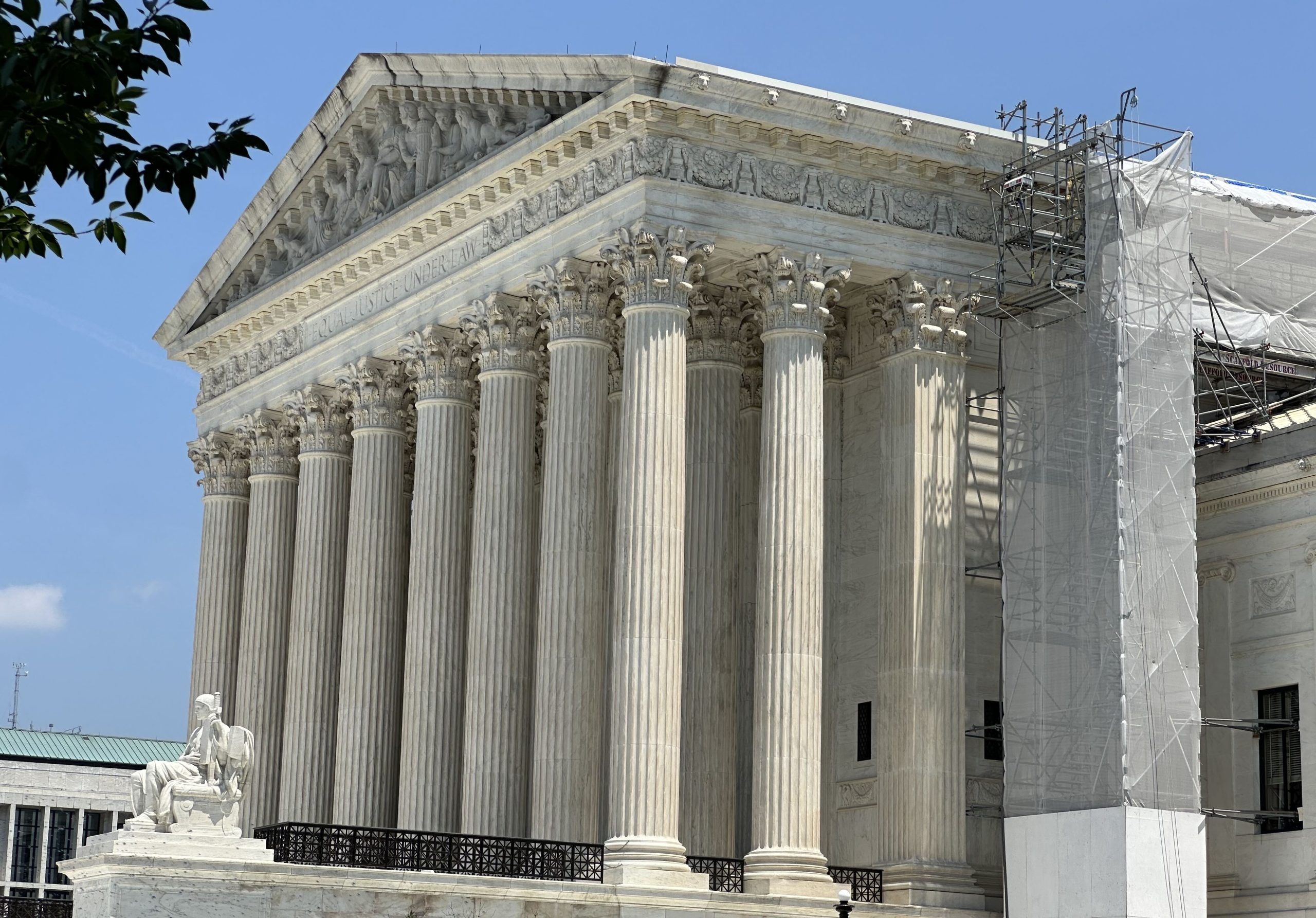California Courts Expand Scope of the “Ending Forced arbitration of Sexual Harassment” Act
Two recent California Courts of Appeal decisions could have massive implications for employers who want to enforce arbitration agreements. Specifically, each court each held that the Ending Forced Arbitration of Sexual Harassment Act (“EFAA“) prohibits separating and arbitrating wage and hour claims that are part of the same suit as a sexual harassment claim. These rulings give plaintiffs lawyers a new way to try and defeat arbitration agreements, and keep cases in litigation. The EFAA
In march 2022, Congress passed a law to exclude sexual assault claims from mandatory arbitration provisions. The EFAA states that sexual harassment claims are excluded from mandatory arbitration provisions. . . No predispute arbitration agreement, or predispute joint action waiver, shall be valid or enforceable with respect
to an casewhich is filed under Federal or Tribal law and relates either to the sexual assault or sexual harassment dispute.” The EFAA allows a person who brings a claim of sexual harassment or assault to opt out from a mandatory arbitration clause that they would otherwise be bound by. The Lawsuit in
Doe V. Second Street Corp.
In Doe the plaintiff filed a suit in February 2023 against a former employer, a local hotel, and two supervisors. The plaintiff claimed that another coworker, who is not a part of the lawsuit, sexually assaulted in October 2019 The plaintiff requested that she not be scheduled to work with the coworker accused of sexually assaulting her. In October 2021, the plaintiff’s supervisor, however, allegedly dismissed her concerns, and began scheduling her to work with a coworker who was allegedly abusive. In May 2022 plaintiff’s doctors advised her to stop working because she was suicidal. Plaintiff has not worked since. The trial court denied the employer’s motion to compel the arbitration of the entire case. The trial court ruled that the EFFA applied to all plaintiff’s claims, not just those alleging sexual misconduct. The employer appealed to the California Court of Appeal – Second Appellate District, division three, the ruling of the trial court. Liu, a lesbian who dresses in unisex fashion, sued Miniso in October 2023. Liu’s suit claims that Miniso employees made unwelcome comments to her. Liu claimed, among other things, that employees made comments about her appearance and that homosexuals were described as “creepy”. Liu also claimed she was misclassified and that Miniso did not pay her for overtime, minimum wage and all hours she worked. Liu filed a lawsuit for sexual harassment. Liu also claimed whistleblower retaliation and constructive discharge under the California Labor Code. She also filed a motion for arbitration. Miniso argued in its motion that Liu’s claim did not trigger EFAA, because her allegations – taken as true – could not support a sexual harassing claim as a legal matter. The trial court denied Miniso’s motion and refused arbitration. The trial court found that the EFAA did not require or use a pleading sufficient analysis to determine if a plaintiff’s case falls under the statute. The Appellate Courts AffirmEach appeals court affirmed the holding of the trial court. Both courts of appeal held, in particular, that EFAA covered the entire case of a plaintiff–not only the sexual harassment claims that were brought therein. The court first noted the difference between “claim” and “case”. A “claim,” it said, is the basis for recovery. However, a case encompasses the entire legal proceeding. The EFAA’s use the word “case”, therefore, extends the statute’s coverage to include the entire lawsuit of the plaintiff, and not just the individual claims. In reaching this decision, the court distinguished Doe v. SA Hospitality Group, Inc., a federal case that involved a sexual harassment complaint and a wage-and-hour class action. The Mera court argued that the class claims should be separated from the sexual harassing claim and arbitrated because the class claim “did not relate in any way” to the sexual assault dispute. However, the Doe Court concluded that although all of the plaintiffs claims “arise” out of her sexual misconduct allegations, the “case” “relates” to a sexual abuse dispute. In reaching this decision, the court took note of the fact that all of the plaintiff’s claims had been asserted against the defendants and were based on her employment with the hotel. The court concluded that the EFAA barred mandatory arbitration for the plaintiff’s wage-and-hour claims. The Liu court similarlydistinguished between the terms “claim” and “case.” The court reasoned that if Congress wanted the EFAA to cover only parts of a “case,” it would have instead used the word “claim.” But the court in Liu went even further. The Liu court did not try to distinguish Mera based on the fact that the case was a wage-and-hour class action. Instead, it found Mera unpersuasive. The Liu court argued that Mera had added words to the EFAA that were not permissible, leading to the conclusion that a “case”, could be divided. The Liu court found the EFAA’s wording unambiguous and refused to consider its legislative history in making its ruling.
Key Takeaways
Liu v. Doe could have major ramifications on California employers. In the short term, employers may see a spike in potentially-frivolous sexual harassment claims being added to wage and hour lawsuits–as plaintiffs’ lawyers try to avoid arbitration. The issue may not last long. Employers should continue to assert their arbitration defenses in their answers to preserve their right of arbitration in the event Liu & Doe is overturned. Employers should continue to attempt to compel arbitration despite Liu and Doe, by separating those cases in any way possible.






